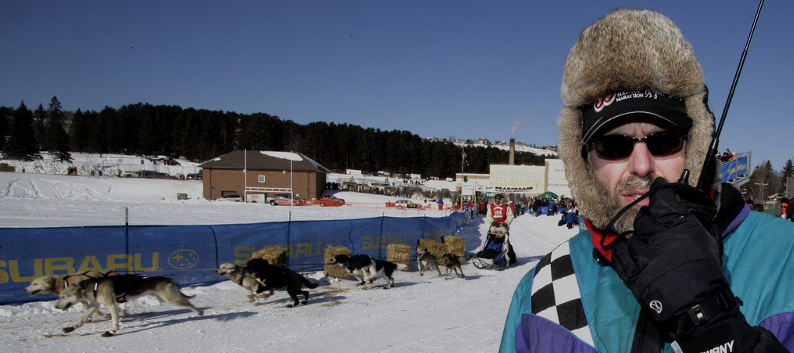International definition på amatørradio
Se hvad amatørradio har at byde på
INTERNATIONAL DEFINITION PÅ AMATØRRADIO

AMATEUR RADIO
(also called ham radio) is the use of designated Radio frequency for purposes of private recreation, non-commercial exchange of messages, wireless experimentation, self-training, and emergency communication. The term “amateur” is used to specify persons interested in radio technique solely with a personal aim and without direct monetary or other similar reward, and to differentiate it from commercial broadcasting, public safety (such as police and fire), or professional two-way radio services (such as maritime, aviation, taxis, etc.).
THE AMATEUR RADIO SERVICE AND AMATEUR SATELLITE SERVICE
is established by the International Telecommunication Union (ITU) through the International Telecommunication Regulations. National governments regulate technical and operational characteristics of transmissions and issue individual stations licenses with an identifying call sign. Prospective amateur operators are tested for their understanding of key concepts in electronics and the host government’s radio regulations. Radio amateurs use a variety of voice, text, image, and data communications modes and have access to frequency allocations throughout the RF spectrumto enable communication across a city, region, country, continent, the world, or even into space.
AMATEUR RADIO IS OFFICIALLY REPRESENTED AND COORDINATET BY IARU
which is organized in three regions and has as its members the national amateur radio societies which exist in most countries.
According to an estimate made in 2011 by the American Radio Relay League, two million people throughout the world are regularly involved with amateur radio.
About 400.000 are located in UARU region 1. (Europe, Middle East, CIS, Africa).
About 830,000 amateur radio stations are located in IARU Region 2 .(the Americas)
About 750.000 are located in region 3 (South and East Asia and the Pacific Ocean)

